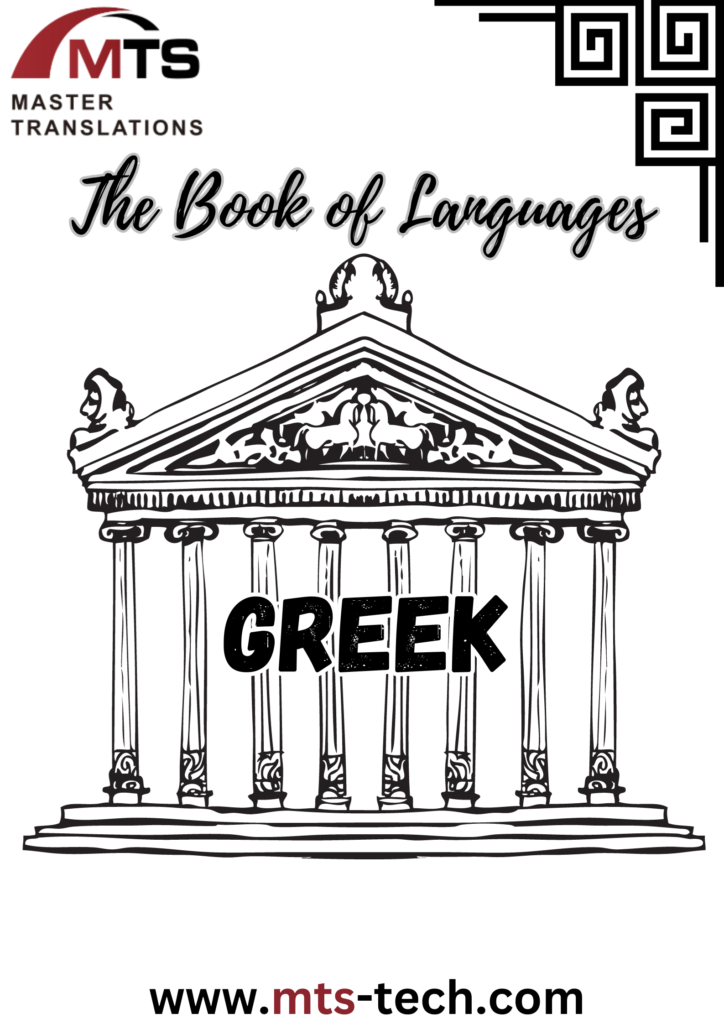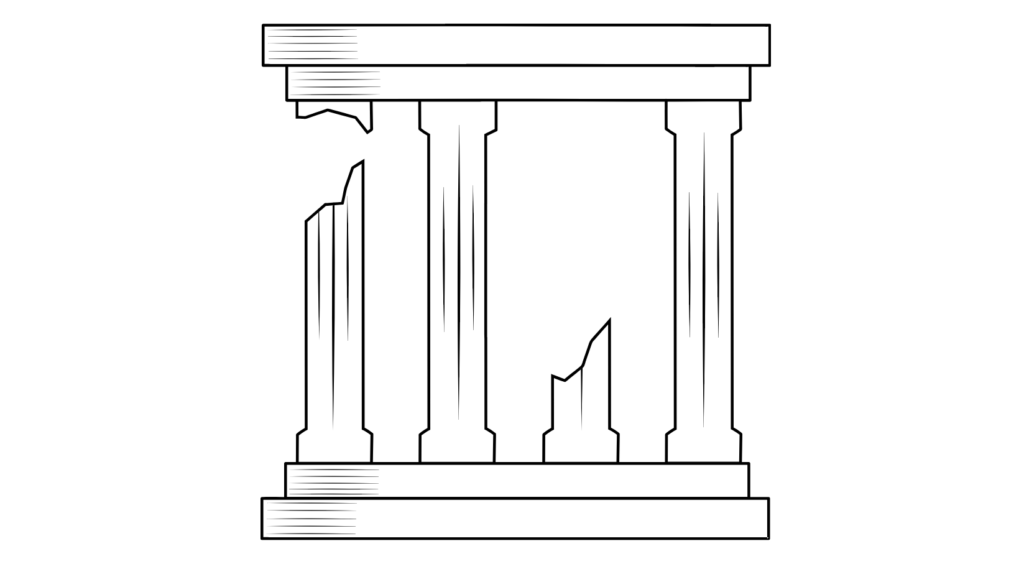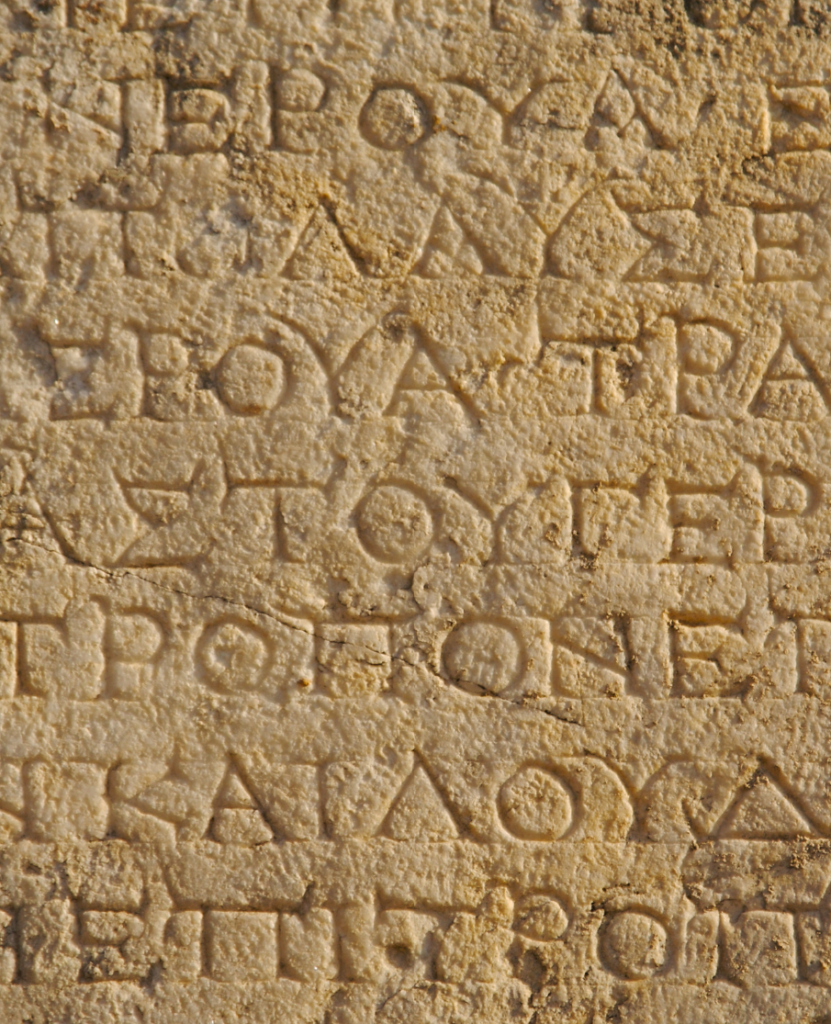
Nestled in the heart of the Mediterranean, Greece is not only home to the gods of Olympus or a vast history, it also cradles one of the world’s most ancient and influential languages—Greek. This language is a big book of history, philosophy, art, and science.
The richness of the Greek language comes from its intertwined relationship with the civilization’s golden eras and the many scholars and philosophers that called Greece their home. Over the years, it has lent its alphabet, lexicon, and grammar to many languages and has been a foundation for many scientific and literary terminologies.

History
The history of the Greek language is like an aged wine, deep and extensive, spanning several millennia. Its earliest form, known as Mycenaean Greek, traces back to the 13th century BCE, found inscribed on clay tablets in the script known as Linear B. From there, it evolved into the Classical Greek during the age of Athens and the great philosophers, around the 5th century BCE.
The Hellenistic period that followed Alexander the Great’s conquests saw the rise of the Koine Greek, a more standardized and widespread version. Later, during Byzantine times, Medieval Greek emerged. Modern Greek, as spoken today, is derived from this evolution but has undergone significant changes, ensuring it remains vibrant and relevant in contemporary times.
Words!
Greek gave the world some truly unique words, testifying to its depth and nuance. Take ‘Meraki,’ for instance – it signifies doing something with soul, creativity, or love, and putting a part of yourself into your work. Then there’s ‘Philotimo,’ a word that represents the spirit of honor, respect, and integrity in actions and character. And the word ‘Kefi’? An untranslatable term, it encapsulates the essence of passion, joy, and intense enthusiasm.
While many recognize the Greek language for its historical significance, few realize its modern-day omnipresence. For starters, around 150,000 English words are of Greek origin, including academic terms like ‘biology’ and ‘drama.’ Moreover, the Greek alphabet, introduced around the 9th century BC, is the world’s oldest recorded alphabet still in use. Finally, while the language has evolved, Modern Greek speakers can still comprehend the ancient texts, bridging a connection over 2500 years old, a testament to the language’s enduring essence.

Arts!

Greek’s artistic contribution to the world is unparalleled. The language served as a medium for the tragedies of Sophocles, the teachings of Socrates, and the epics of Homer. These masterpieces, penned in Greek, have shaped artistic and philosophical thought for centuries. Additionally, in the realm of music, the Greek language has birthed hauntingly beautiful compositions, like the Byzantine chants and the soulful Rebetiko, proving that its melodic nature isn’t just for spoken words but for harmonious tunes as well.
For those on the journey to learn Greek, the road can be both exhilarating and challenging. The Greek alphabet, though a precursor to the Latin script, poses an initial hurdle for many learners. Its phonetics and syntax, while logical, require a paradigm shift for speakers more familiar with Germanic or Romance languages. However, these challenges are but stepping stones. With each hurdle crossed, learners unlock a world filled with rich history, poetic expressions, and a deeper understanding of many words and concepts in the global lexicon.
